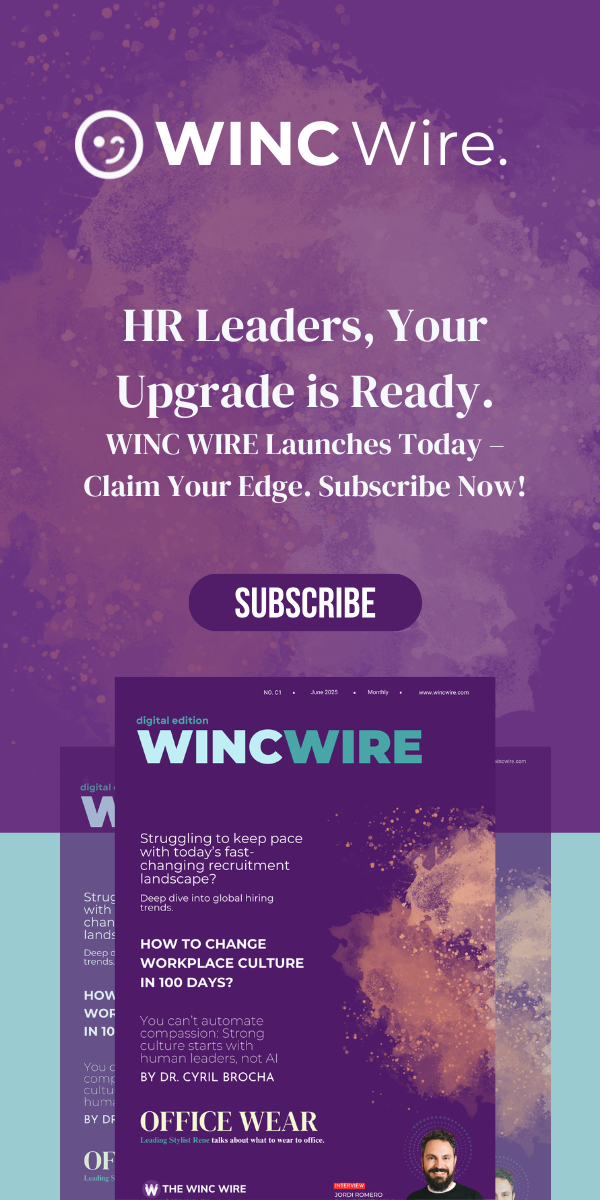The hiring landscape is undergoing a massive transformation. For decades, degrees and job titles served as proxies for potential. But in 2025, that’s changing. Leading organisations such as Google, IBM, and a growing wave of forward-thinking startups are replacing outdated credential-based hiring with a smarter, more inclusive approach: skills-based hiring.
As someone who’s built teams and restructured hiring strategies, I can tell you this shift is long overdue. We’ve been overlooking incredible talent simply because they didn’t check a traditional box. Now, data and real-world outcomes are validating what we’ve long suspected: skills, not schools, predict success.
The Cracks in the Credential System
Let’s be honest: degrees are often poor predictors of on-the-job performance. Plenty of highly educated candidates struggle in roles that demand agility, creativity, or specific technical capabilities. At the same time, candidates without formal education, those who’ve learned through boot camps, side projects, or hands-on experience, are often outperforming their degree-holding peers.
According to the World Economic Forum, over 50% of workers will need reskilling by 2025. That statistic alone should make hiring managers rethink what they prioritize when screening candidates.
We also need to acknowledge the equity issue. Requiring degrees automatically excludes many capable people, especially from underrepresented communities. It locks out those who couldn’t afford traditional education, who had to work early in life, or who learned in unconventional ways. The result? A narrowed, less diverse talent pool.
What Skills-Based Hiring Means
Skills-based hiring isn’t just about removing degree requirements from job descriptions. It’s a mindset shift:
- From credentials to capabilities. What can this person do, not just what have they studied?
- From experience to evidence. What have they built, solved, contributed to?
- From exclusion to inclusion. Are we opening doors to capable people who were historically overlooked?
Leading companies are embracing this by focusing on technical assessments, work samples, portfolio reviews, and scenario-based interviews. It’s not about lowering standards, it’s about measuring the right things.
And those “right things” often include soft skills: problem-solving, adaptability, communication, and emotional intelligence. These qualities don’t show up on a diploma but are often the difference between a good hire and a great one.
Why This Matters in 2025
The pressure to find qualified talent has never been greater. We’re in a market where demand outpaces supply, especially in sectors like tech, healthcare, data science, and customer experience.
The rise of remote work has also changed the playing field. Employers can now recruit globally, but so can candidates. The competition is fierce, and companies can’t afford to overlook qualified applicants just because they followed a non-traditional path.
Skills-based hiring enables:
- Access to untapped talent pools. Career switchers, veterans, parents returning to work, and self-taught developers all bring valuable skills.
- Greater diversity. Traditional hiring filters out many qualified candidates from underrepresented backgrounds. Skills-first models help level the playing field.
- Faster hiring cycles. With clearer performance indicators, companies reduce the time spent on interviews and increase confidence in hires.
- Improved agility. Companies can quickly identify and bring in people who meet evolving needs, not just traditional moulds.
Real-World Examples: Who’s Doing It Right?
- IBM launched its “New Collar” initiative to hire based on practical skills rather than degrees resulting in higher performance and retention.
- Google has dropped college degree requirements from many roles and revamped its hiring processes to focus on problem-solving and technical fluency.
- Accenture uses assessments and simulations that mimic job scenarios, allowing candidates to demonstrate real-world aptitude.
- Walmart created pathways for store employees to upskill and move into corporate roles by demonstrating capabilities, not just collecting certificates.
This isn’t theoretical. These strategies are improving outcomes at scale and reshaping entire talent ecosystems.
Redefining the Hiring Funnel
Traditional funnels look like this: resume screening > phone screen > interviews > offer. But in skills-based hiring, the flow changes:
- Start with skills assessments. Use coding tests, writing samples, or business case reviews.
- Review blind portfolios. Strip away personal info and focus on outcomes.
- Introduce human interaction only when relevant. Interviews become about fit and potential, not pedigree.
- Feedback-rich evaluations. Structured scorecards based on competencies make hiring more objective and transparent.
The result? More equitable, efficient hiring pipelines that better predict performance and reduce bias.
Implementation Tips for HR Leaders
If you’re ready to leap, here’s how to start:
- Rewrite job descriptions. Focus on deliverables and required skills. Drop vague terms like “must have a degree in X.” Instead, say what the role requires: “ability to write clean, modular code” or “experience managing cross-functional teams.”
- Invest in better assessments. Use tools that test real-world capabilities, not just theoretical knowledge. Think project-based challenges over multiple-choice quizzes.
- Train hiring teams. Make sure interviewers know how to evaluate skills, not resumes. Teach them to ask behaviour- and scenario-based questions that reveal real insight.
- Pilot before scaling. Test new methods on a few roles, then expand based on results. Use metrics like time-to-hire, performance, and retention to gauge success.
- Communicate the shift. Internally and externally, share your rationale and invite feedback. Tell your candidates why the process is different and how it benefits them.
- Embed into culture. Skills-first hiring must be more than an HR initiative. It needs executive sponsorship and organizational buy-in to succeed.
The Long Game: What You Gain
Adopting skills-based hiring isn’t just good optics it drives real, measurable results:
- Better job performance. You’re hiring for what matters.
- Higher retention. When people feel valued for what they bring to the table, they stay.
- Brand reputation. You’re known as a company that values potential, not pedigree.
- Employee mobility. Internal candidates can grow by developing new skills not chasing new titles.
It also fosters a learning culture. When employees see that advancement is based on skill development, not politics or credentials, they’re more motivated to grow. It’s a virtuous cycle: better people, better performance, better culture.
Potential Is Everywhere
As we move further into the future of work, one thing is clear: skills are the new currency. The organisations that recognise, value, and cultivate them will lead not just in hiring, but in innovation, impact, and inclusion.
It’s time to build hiring models that reflect the real world, not the resume. Because potential is everywhere. We just need to look beyond the degree and start seeing what people are truly capable of.





